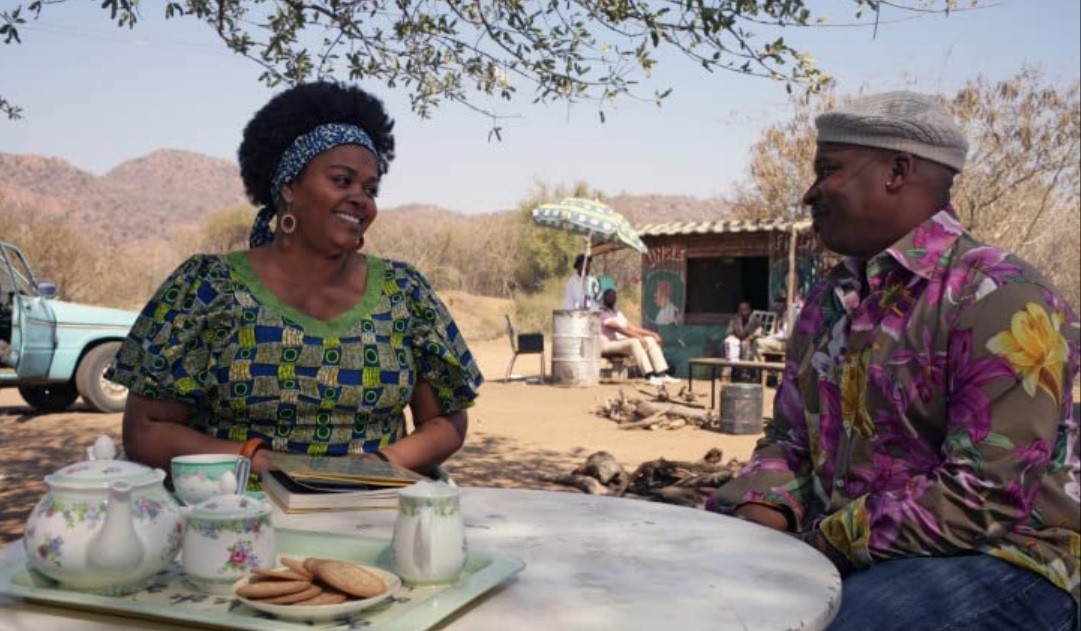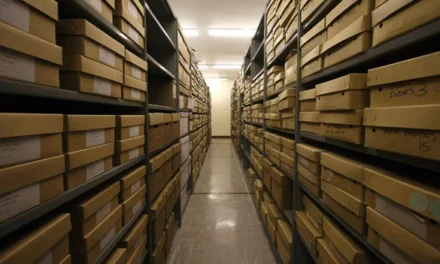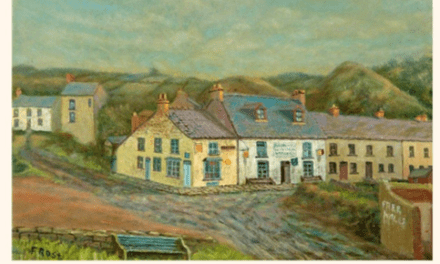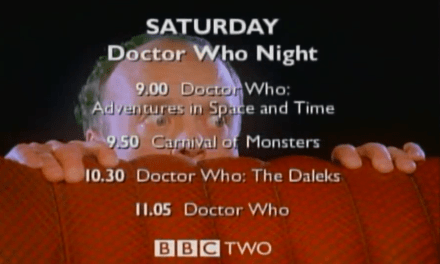Picture it: Gaborone, Botswana, 2008.
An international co-production between the US (HBO), UK (BBC) and South Africa (Film Afrika) is filming an adaptation of Scotsman Alexander McCall Smith’s book series about Tswana ‘lady detective’ Precious Ramotswe (Jill Scott in the adaptation), The No. 1 Ladies’ Detective Agency (HBO/BBC/Film Afrika, 2008-2009). Following Buonanno (2009) and Hammett-Jamart et al (2018) on European/international co-productions and their tendency to allocate production roles along national lines, it is a co-production with a mostly American main cast, British production team/recurring and guest artists and single South African regular (Desmond Dube, playing BK).
You may have spotted a slight issue there.
Surprisingly, I’m not going to discuss the dearth of people from Botswana involved in the production overmuch (well, other than here). Instead, I’d like to talk about one of the main differences between the book series and the TV adaptation; the addition of the character of BK, a camp, explicitly gay hairdresser who has a salon next-door to Mma[i] Ramotswe’s detective agency. He and Mma Ramotswe become fast friends, and he soon is integrated into her extended work/family. This is despite some initial misgivings from Mma Ramotswe’s secretary Mma Makutsi (Anika Noni Rose) who says BK is ‘very much like a woman’ and her boyfriend, Mr JEB Matekoni (Lucian Msamati) who initially refers to him as a ‘something else.’ After BK proves his utility and masculinity by pretending to be an enforcer along with Matekoni to help in a case, he is fully accepted.
There are a number of issues here, none of which I have the wordcount to unpack properly. Suffice to say the series illustrates very strongly the confusion and conflation between gender and orientation and, while stereotyped, is a broadly positive portrayal. Conway’s (2013) paradox of saleable diversity is a potential way to understand such a flattened representation; he defines this paradox as ‘the resulting erasure of difference in the name of diversity’ (Ibid: 30) in order to make such a text saleable. This fits how Bettinger (2006) describes how the book series addresses sociocultural matters: ‘Gender stereotypes, however, are destabilised without being seriously challenged. […] Traditional codes of conduct are both questioned and endorsed’ (Ibid: 166). But this is, of course, an adaptation and, as Hutcheon (2013) points out, who does the adaptation (and why and how) are critical to understanding the mechanisms behind that adaptation. In this case, it is this international co-production between HBO (legitimator of ‘quality TV’ who uses queer content to that purpose, see McCabe and Akass 2018, and Parsemain 2019), the BBC (a public service broadcaster mandated to inform, educate and entertain) and South Africa (the only country in Africa to have LGBTQIA rights enshrined in its constitution; casting a South African actor in the role highlights this fact as well as positively connecting [South] Africanness to homosexuality). At the time of production same-gender sex was illegal in Botswana, so even such a stereotyped representation would have been unprecedented (arguably impossible) on locally-produced television.
Thus, we have two main parties (HBO and Film Afrika) with a vested interest in promoting a progressive representation of sexual orientation, albeit an elided and somewhat stereotyped one, for economic and sociocultural reasons respectively (though both can overlap). The BBC’s promotion of LGBTQIA representation in various British series can be thought of similarly, as an economic and industrial mandate (i.e., the Reithian public service remit and the need for profit, see e.g., Steemers 2004). But I would argue there is an additional motivation at play; the reason why such homophobic laws are in the books in the first place.
Botswana, like many areas in southern Africa, was a British colony. In addition to the multitude of transgressions (to put it mildly), the British also imposed a legal code containing anti-sodomy laws. There is linguistic evidence of pre-colonisation same-gender relationships throughout the continent, including groups in modern-day Botswana (Carrier and Murray, 2021) which implies that the colonial penal code is at least partially responsible for the virulent homophobia in many postcolonial areas.[ii] I would argue that this fact adds a motivation for the BBC to support and/or redress this consequence of British colonial rule, thanks to the increasing prominence of postcolonial studies and the calls for colonial predations to be both acknowledged and somehow redressed. It is, however, worth noting that at no point is responsibility for any of Botswana’s sociocultural or geopolitical issues laid at the coloniser’s door in either the books or the television series (Bettinger 2006: 165).
In 2019, same-gender relationships between consenting adults were decriminalised in Botswana. This was hailed as a landmark case and, it is hoped, will lead to greater sociocultural acceptance of LGBTQIA people as well. Though the book series remains quite popular, it is unclear what, if any, impact the TV series had upon subsequent LGBTQIA acceptance nor how BK was received by residents of the country.[iii] Regardless, such early representation, flawed as it was, definitely would have been something else.
Dr Melissa Beattie is a recovering Classicist who was awarded a PhD in Theatre, Film and TV Studies from Aberystwyth University where she studied Torchwood and national identity through fan/audience research as well as textual analysis. She has published and presented several papers relating to transnational television, audience research and/or national identity. She is currently an Assistant Professor of Communication (Ambassador’s Distinguished Scholars Programme Fellow) at Bahir Dar University in Ethiopia and will be joining the American University of Phnom Penh in August 2023 as an Assistant Professor of English/Humanities. She has previously worked at universities in the US, Korea, Pakistan and Armenia. She can be contacted at tritogeneia@aol.com.
Footnotes
[i] A Setswana honorific broadly equivalent to ‘Ms’ or ‘Miss.’
[ii] Ethiopia, which was never colonised, also is strongly (and legally) homophobic, though this seems to derive from religion rather than colonial nation states.
[iii] I have tried (and continue to try) to do audience research on this with extremely limited success.
Works Cited
Bettinger, E. 2006. ‘Riddles in the sands of the Kalahari: Detectives at work in Botswana,’ in C. Matzke and S. Mühleisen (eds.), Postcolonial Postmortems: Crime fiction from a transcultural perspective. Amsterdam: Rodopi, 161-180.
Buananno, M. 2009. ‘From Literary to Format Adaptation: Multiple Interactions Between the Foreign and Domestic in Italian TV Drama.’ CST 4.1: 65-83. doi: 10.7227/CST.4.1.6.
Carrier, J.M. and Murray, S.O. 2021. ‘Woman-Woman Marriage in Africa’ in W. Roscoe and S.O. Murray (eds.) Studies in African Homosexualities, 2nd Ed. Albany: SUNY Press, 253-264.
Conway, K. 2013. Little Mosque on the Prairie and the Paradoxes of Cultural Translation. Toronto: University of Toronto Press.
Hammett-Jamart, J. et al. (eds). 2018. European Film and Television Co-production: Policy and Practice . Houndmills: Palgrave MacMillan.
Hutcheon, L. 2013 A Theory of Adaptation, 2nd Ed. London: Routledge.
McCabe, J. and Akass, K. 2018. ‘HBO and the Aristocracy of Contemporary TV Culture: Affiliations and legitimatising television culture, post-2007.’ Mise au point [online]. doi: 10.4000/map.2472.
Parsemain, A.L. 2019. The Pedagogy of Queer TV, Houndmills: Palgrave Entertainment Industries.
Steemers, J. 2004. Selling Television: British telefantasy in the global marketplace. London: BFI.






